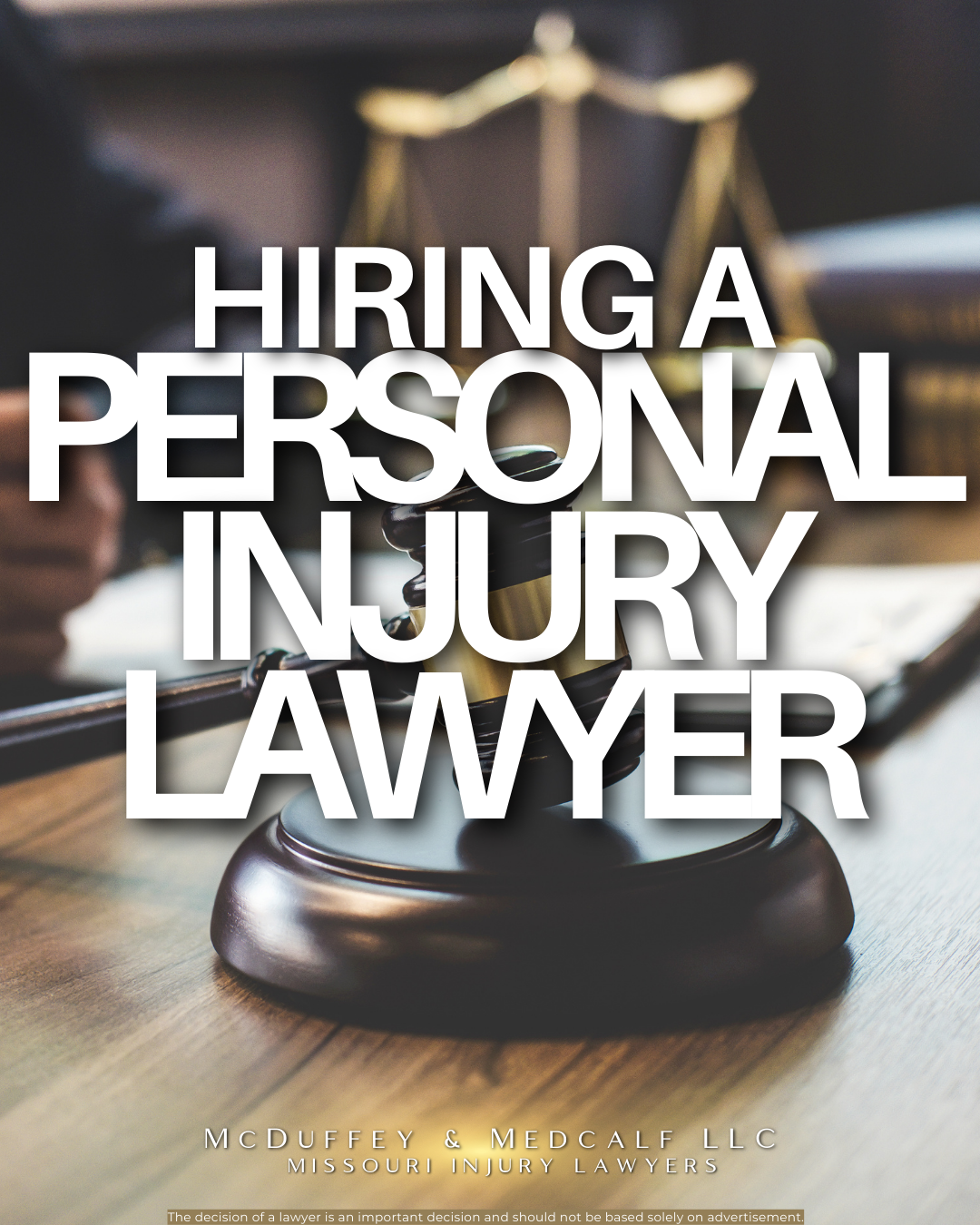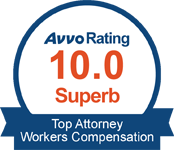Hiring an Injury Attorney
While hiring a personal injury attorney may seem daunting or not worth the effort, we’re here to demystify the process by breaking down the typical costs and fees involved, helping you make a well-informed decision.
Most personal injury attorneys are going to work for you on a contingency fee basis. That means, like you may have heard or seen in advertisements, the attorney does not get paid until and unless the attorney gets you a recovery. If after learning the facts surrounding your injury claim during a free discussion with you an attorney offers to take on your case, the attorney should explain to you his or her fee arrangement before making you decide whether you want to hire them as your attorney. If it is something they forget to discuss, it is probably an innocent oversight on the attorney’s part, but you should absolutely have them explain their attorney fee before entering into an attorney-client contract with them. It is not rude to ask if it does not otherwise come up during the consultation.
Hiring an Attorney for Motor Vehicle Accidents
Most attorneys will do a motor vehicle accident case on a 33 and 1/3% contingency fee arrangement. That means, if your attorney secures a settlement with the insurance company, when the settlement check arrives from the insurance company, your attorney will pay himself or herself that contracted for percentage the total settlement. For example, if you and your attorney agree you want to settle your claim or lawsuit for $100,000.00, the attorney fee would be $33,333.33.
Hiring an Attorney for Medical Malpractice, Premises Liability, Slip-and-Fall, Product Liability, etc.
Many attorneys will charge a higher percentage, between 40% and 50%, for medical malpractice, premises liability, slip-and-fall, product liability, and other types of personal injury claims. The reason for this is that these cases cost the attorney more money to litigate, and/or these cases might come with more risk at trial. So, depending on the facts of your case, a higher fee often does not mean the attorney is trying to take advantage of you. Each case is fact specific, so if the attorney proposes an elevated fee, he or she should be able to explain to you why in a way that make sense. If it does not make sense, it might be you want to seek out a free consultation with a different attorney before deciding how you want to proceed.
Jury Trial
Many attorney will also have a fee escalation clause for if the case ends up going to a jury trial. In other words, it might be that an injury attorney’s fee percentage increases if the attorney gets however close to a jury trial or a jury trial actually begins. An example of this would be that the fee is 33 and 1/3% unless the case is not settled 7 days prior to jury trial, and within 7 days of a jury trial the fee increases to be 40%. The reason this is common is due to the massive amount of time and costs that go into a jury trial. Many injury firms might more-or-less shut down all operations outside of things needing to be accomplished to prepare for your trial. This, like the higher fee for certain types of injury cases, is something that the facts of your case should justify in such a way that your attorney is able to explain in a way that makes sense to you. Again, while jury trial escalation clause is rather common, you always have the right to consult with multiple attorneys before committing to one.
Litigation Costs
In referencing the attorney’s cost of litigating a case, that will usually be the other part of the attorney-client agreement. Most attorneys that practice injury law successfully will offer to cover your litigation costs. Some will take that further than others. The basic or ordinary approach should be where the attorney’s “costs”, sometimes also referred to as “expenses”, include money the attorney pays to different experts or companies that you would otherwise have to pay in order to gather the evidence necessary to achieve a maximum settlement or fair result at trial. Examples would include things like the cost per-page to obtain certified medical records, the cost to be evaluated by an expert, and the cost of a court reporter for a deposition and their deposition transcript. These things are cost money in order to get them, or accomplish them. If the lawyer is not willing to cover those costs for you, you might otherwise end up being held hostage by the things you need to do without the money to pay for them. Your attorney, should not be profiting off these costs, or charging you interest to cover the costs. Your attorney should also present to you an itemization of costs upon your request.
Contract
Whatever the attorney’s fee and costs reimbursement agreement might be, it should be put into writing in an attorney-client contract agreement for you to review. If what you read matches with what was explained to you, then you can enter into that attorney-client relationship knowing exactly how your lawyer is going to get paid. If you have any questions when reviewing the attorney-client contract, or you are handed a lengthy contract with lots of fine print, this might be okay. That said, you will want to make sure you understand all of whatever agreement you sign before doing so. And, you might question why the ‘fine print’ or why the contract is quite so lengthy.
Distributing the Settlement Funds
If / When a recovery is been secured, and it is time to distribute the settlement funds, your attorney will place the total settlement into his or her law firm’s trust / escrow account, and then pay you and pay his or her law firm thereafter. Your attorney will pay himself or herself the contracted for attorney fee, and pay himself or herself back the litigation costs / expenses. At the same time, your attorney will pay you. This makes it simple for you, and makes it to where you truly do not come out-of-pocket to “pay” your attorney in this instance. The money you receive from your attorney’s office should be all your money at that point.
FOR MORE INFORMATION & TO SEE THE LAWYERS AT MCDUFFEY & MEDCALF CAN HELP YOU WITH YOUR PERSONAL INJURY CASE:
CALL 573-302-7211 TO SCHEDULE A FREE CONSULT
EMAIL: br**@*********aw.com
OR SUBMIT YOUR INFORMATION HERE FOR A FREE CASE EVALUATION.
For More information on Personal Injury Law:
How do I know if I have a personal injury case?
What should I do if I am in a car accident?








